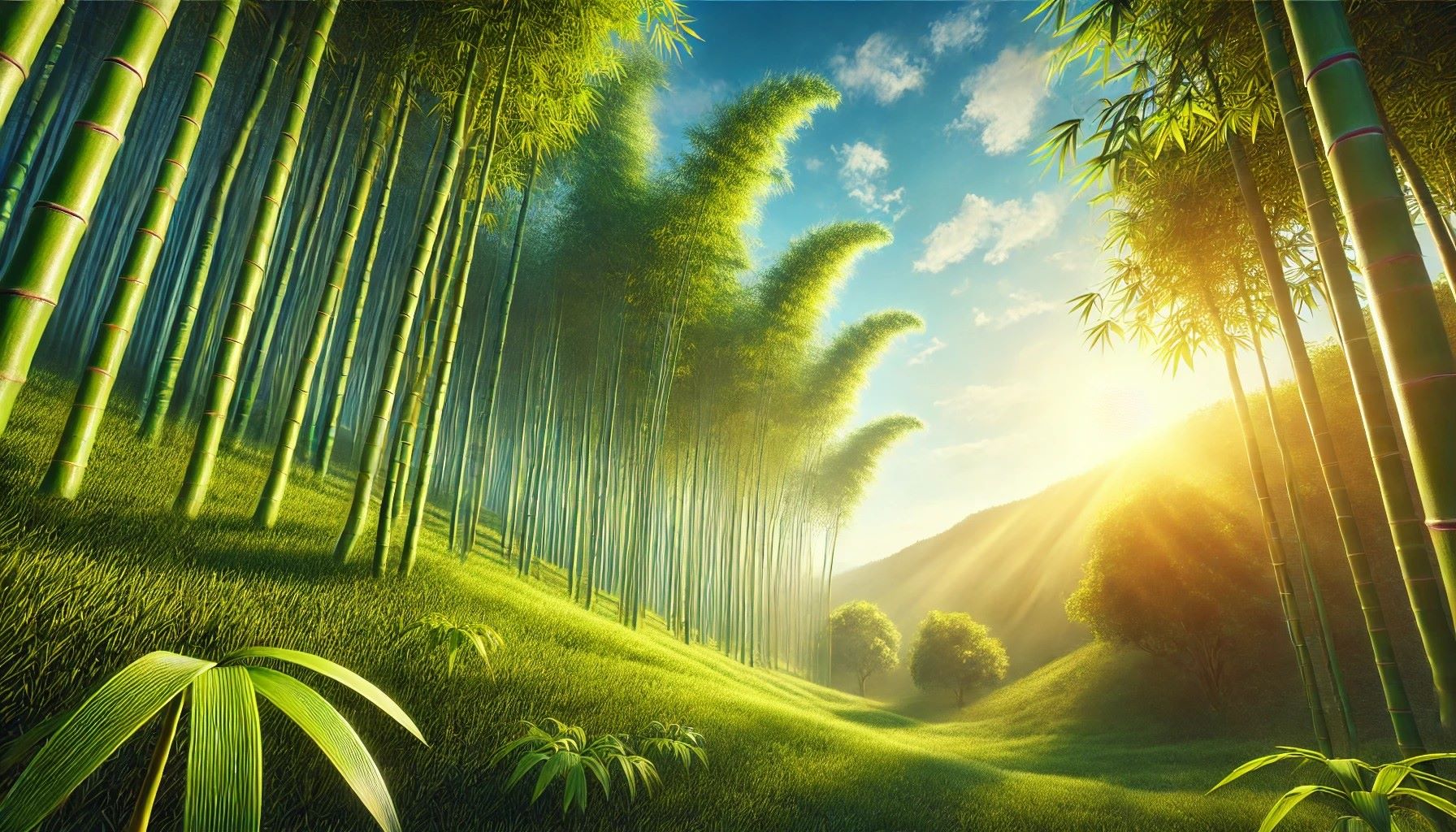Discover the Environmental Benefits of Bamboo: Nature's Sustainable Powerhouse

Bamboo is a green hero in the battle against environmental deterioration and is frequently praised for its adaptability. It is much more than just a material for flooring and furniture. Bamboo is one of the fastest-growing plants on the planet, a renewable resource with many ecological advantages that make it a great option for sustainable living. Bamboo is a quick and environmentally beneficial substitute for typical hardwood trees, which can take decades to reach full maturity. Bamboo can grow up to three feet in just twenty-four hours.
Bamboo's capacity to absorb carbon dioxide and release oxygen is among its most important environmental advantages. Bamboo forests are excellent carbon sinks that help lessen the effects of climate change since they can trap up to 12 tons of carbon dioxide per hectare annually. Furthermore, bamboo contributes to cleaner air and a healthier earth by releasing 35% more oxygen than a stand of trees of the same size. Bamboo's special ability to grow quickly and produce a lot of oxygen makes it an essential tool in the fight against global warming.
Bamboo's vast root system is essential for managing water and conserving soil. Particularly in steep or mountainous areas, the roots act as a natural barrier against landslides by cementing the soil together and preventing soil erosion. Additionally, bamboo provides a sustainable way to stabilize landscapes because it can grow on slopes where other plants would find it difficult. Because of its water-efficient characteristics, it uses a lot less water than conventional crops, which eases the burden on nearby water supplies and encourages sustainable farming methods.
Bamboo supports local communities economically in addition to environmentally. In remote locations, bamboo planting offers economic prospects, particularly in developing nations where sustainable bamboo farming may sustain livelihoods. Bamboo's adaptability helps a variety of industries while lowering the need for deforestation, from building materials to environmentally friendly textiles. Customers may support sustainable development and forest protection by selecting bamboo items.
In summary, bamboo is a strong ally in our pursuit of sustainability and more than just a green substitute. It is the perfect resource for a greener future because of its quick growth, capacity to sequester carbon, advantages for soil conservation, and commercial potential. Adopting bamboo as a sustainable material may support sustainable economies, increase biodiversity, and lessen our environmental impact. Bamboo stands out as a ray of hope for a healthy planet as we continue to look for environmentally responsible alternatives.
